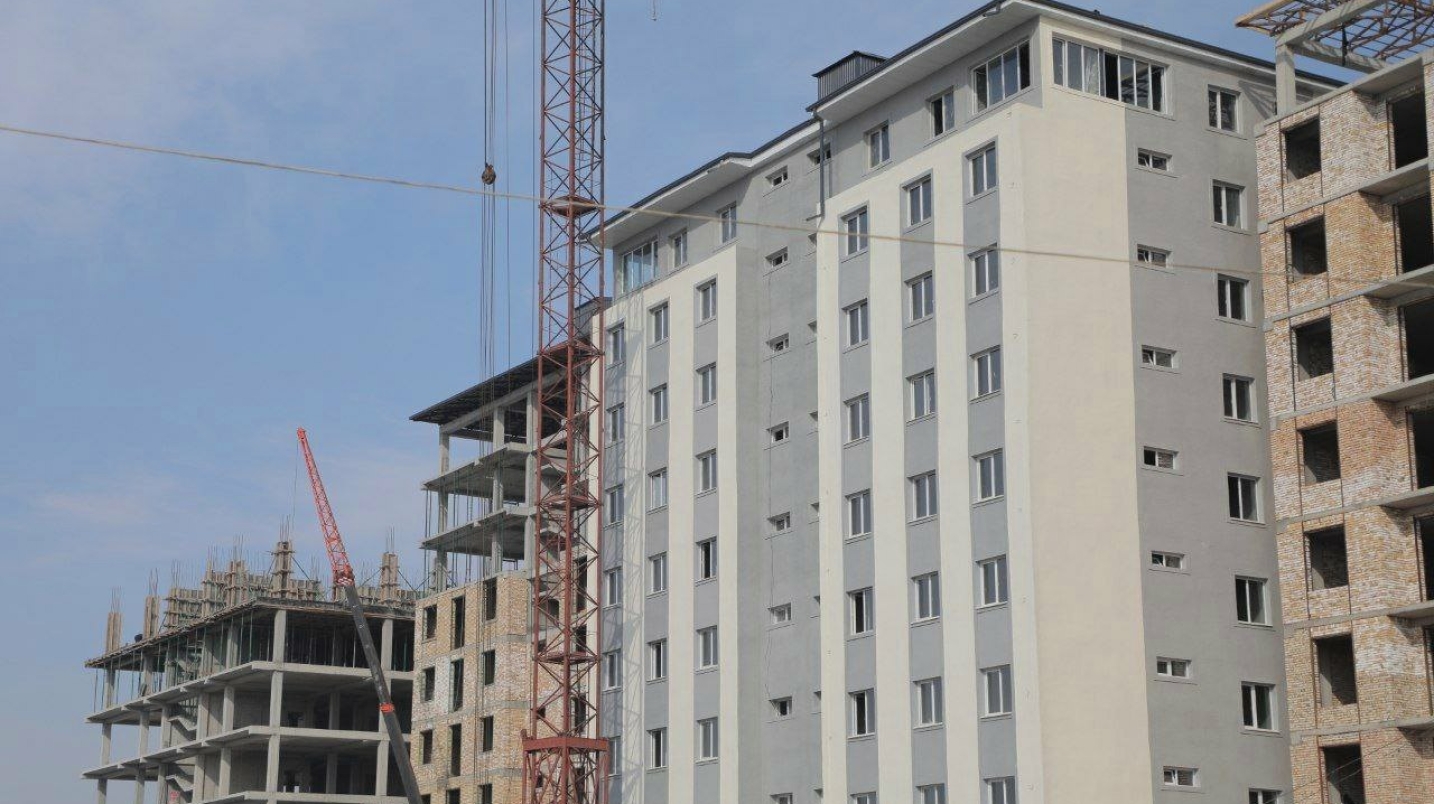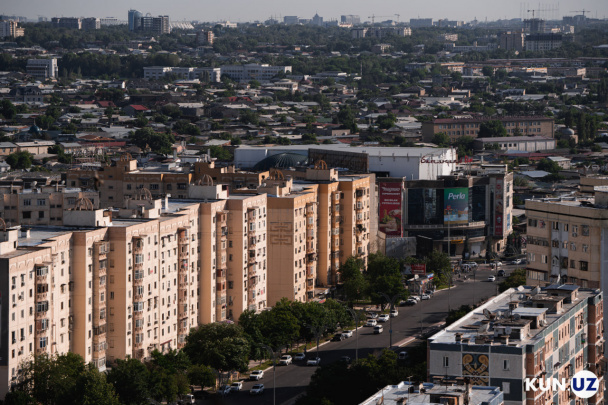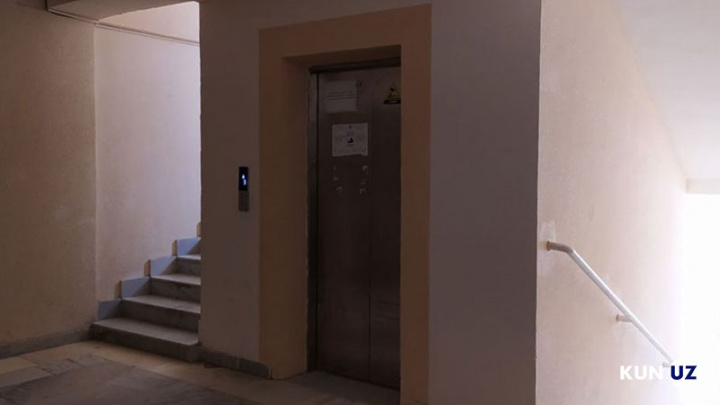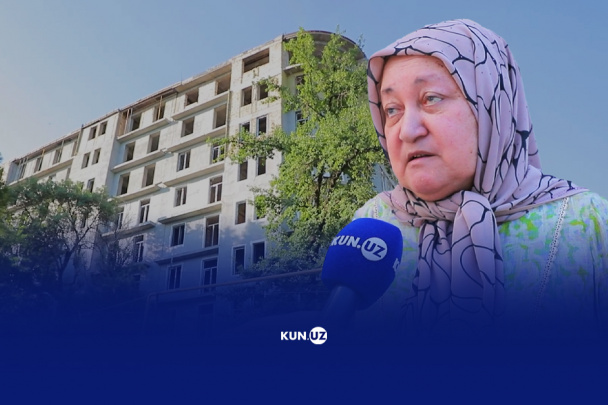CabMin: About 70% of housing construction objects in Uzbekistan are not earthquake resistant
This is due to the fact that many buildings, especially private houses, are built without regard to building codes and regulations.

Photo: Ministry of Construction
About 70% of housing construction projects in Uzbekistan are not earthquake resistant. This is stated in the resolution of the Cabinet of Ministers "On the development of a national action plan in connection with the risk of climate change and natural disasters and the organization of its effective implementation".
It is reported that in the republic, there is a danger of earthquakes with a magnitude of 7 and above on the 12-point international scale MSK-64. A number of seismological services of the countries of Central Asia annually register about 3,000 earthquakes of various strengths.
The most affected by strong earthquakes are the housing sector, the service sector, economic, industrial and commercial sectors, most of which are located in cities and large settlements.
About 70% of the population of Uzbekistan lives in seismically active zones. Since many buildings, especially private houses, are built without regard to building codes, 70% of housing construction projects are not earthquake resistant.
It is noted that the secondary effects of an earthquake can be catastrophic and cause or accelerate other hazards. In particular, dam failures, floods caused by overflow of high-altitude lakes, release of toxic substances due to landslides can have serious transboundary consequences.
Also in recent years, the number of natural disasters on the territory of the republic has significantly increased due to climate change. The average number of natural disasters in 2001-2010 was 115 cases, in 2011-2022 - 126 cases. Of these, 46% were caused by earthquakes, 27% by floods, 13.5% by landslides, 8.7% by strong winds, 2.4% by floods, 1.6% by wildfires, 0.8% by avalanches and others.
The document approves the national action plan of Uzbekistan to reduce the risk of natural disasters and increase resilience to climate change for 2023-2030.
The following are identified as priorities within the framework of the implementation of the National Action Plan:
• improving the institutional and legal framework for reducing the risk of natural disasters and increasing resilience to climate change;
• formation of knowledge and experience of the population to reduce the risk of natural disasters and increase resilience to climate change;
• organization of financing of activities to reduce the risk of natural disasters and increase resilience to climate change;
• increasing the level of preparedness for action in the event of natural disasters.
Related News

12:51 / 24.05.2025
Investment profitability in Tashkent’s housing market falls sharply

19:01 / 20.05.2025
Transport Ministry extends Tashkent–Andijan toll road tender deadline by one month

13:17 / 20.05.2025
Government to allocate over 850 billion UZS for modernizing old elevators

12:19 / 16.05.2025



